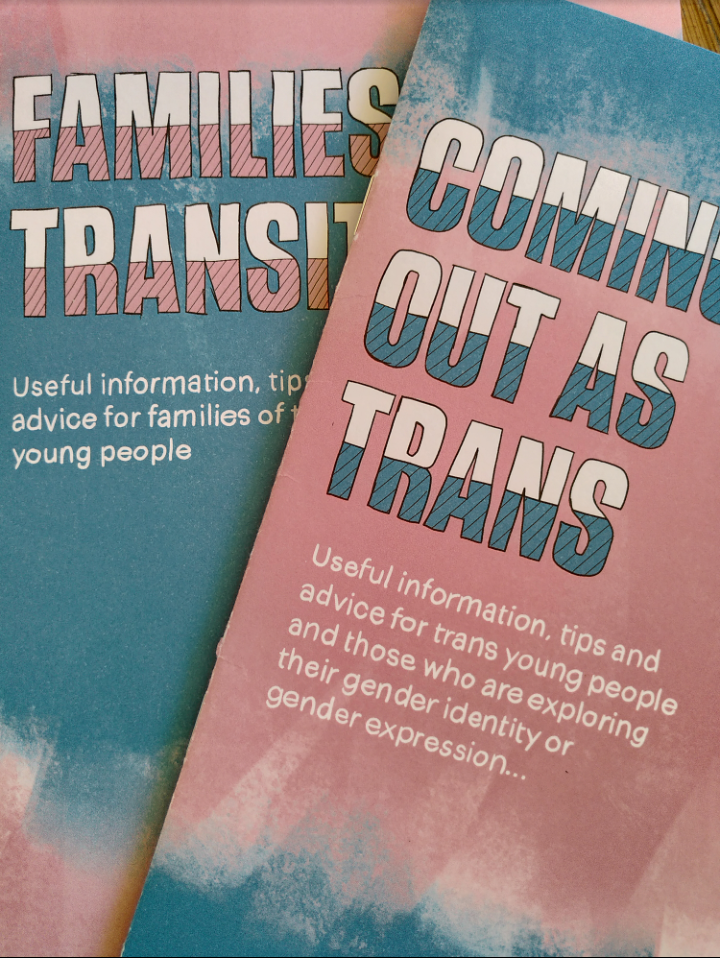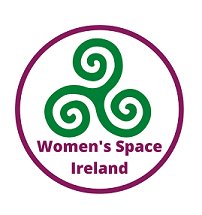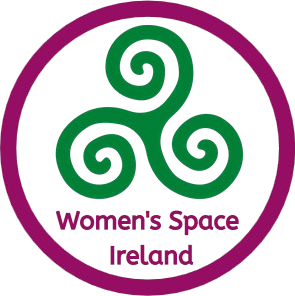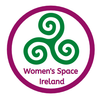Single-sex provision: what does the law say?
Is it misrepresentation of our legislation to state that men who "identify" as some other gender are entitled to use the facilities of women, for instance, when this may not necessarily be correct in law?

Earlier this month the Minister for Women and Equalities in the UK, Kemi Badenoch MP, called on members of the public to send real-world examples of public bodies – and those that advise public or private bodies – which may be wrongly stating that people have a legal right to access single-sex spaces according to their self-identified gender.
"Where certain conditions are met, businesses and other organisations can legally provide single and separate-sex services such as toilets, changing rooms, and female-only fitness classes, which exclude transgender people of the opposite biological sex who do not have a Gender Recognition Certificate (GRC). Where it is justified, they are also able to exclude transgender people with GRCs.
In some cases organisations believe they are required to allow self-identifying transgender people to access these services. Now, as part of raising awareness and to understand how well single-sex spaces are maintained, Kemi Badenoch is calling on the public to submit their examples to the Government.".
Here in Ireland it's not clear what is legally correct. In 2021 “Deputy Niamh Smyth asked the Minister for Social Protection if the Gender Recognition Act 2015 means that a man who self-identifies as a woman is entitled to access any and all female-only spaces and services; and if she will make a statement on the matter.” Minister Heather Humphreys replied
“These questions seek an interpretation of the law. The Deputy will appreciate that, as Minister, I am not in a position to offer any such interpretation, as such matters are reserved for the courts."
Women also want to know if toilets are being changed to mixed sex or "gender-neutral" having previously been single-sex i.e. separate toilets for men and women.
“There are various reasons why women and men should be able to access single sex spaces, and public toilets are no exception," said Kemi Badenoch.
“So we’re updating building regulations so that toilets in non-domestic buildings offer safety, privacy and dignity for all people who use them."
Despite individuals being able to "self-id" as the opposite sex under the 2015 Gender Recognition Act, our 2000 Equal Status Act makes it clear that it's not considered discrimination to have exemptions from treating both sexes the same in certain circumstances, where privacy is an issue for example. The 2000 Act defines "gender" as being defined by one's sex i.e. whether one is male or female.
Women are also concerned about the proposed addition of "gender identity" to our equality legislation which may put at risk these exemptions.
Various lobby groups have been advising organisations from companies to colleges for years now on how to be a "trans ally", offering training such as "Trans 101", "Trans Awareness Training for Staff", "Gender Diversity Training Awareness" and charging hundreds of euro for doing so. What exactly are they saying and is it legally correct?

BeLonG To Youth Services is one such group. 44% of its €1,843,036 income for 2022 came from the Government but it publishes inaccurate ideological guidance such as:


Is it misrepresentation of our legislation to state that men who "identify" as some other gender are entitled to use the facilities of women, for instance, when this may not necessarily be correct in law? IBEC, the employers organisation, for instance has produced this guidance for its members:

“13. How should the organisation approach issues around the use of bathrooms and changing facilities?
Every employee should have the right to use the bathroom/changing facility which aligns with their gender identity regardless of the sex they were assigned at birth. The organisation may facilitate a request by the employee to use a single-occupancy or unisex bathroom/changing facility during the transition process.”
IBEC's guidance then goes further in a Sample Gender Identity and Expression Policy which asserts:
“9. Bathrooms/Changing Facilities
All employees have the right to use the bathroom/changing facilities which corresponds with their gender identity, regardless of the sex that they were assigned at birth [insert details about gender-neutral bathrooms if there are any in the workplace].”

Dublin Bus in its ""Workplace gender transition policy and guidelines" (2017) says that

Clonturk Community College, a co-educational secondary school in Dublin ("a partnership school between Educate Together and the City of Dublin of Education and Training Board") meanwhile stated this in its "Gender Identity and Gender Expression Policy" (undated and no longer available on the school's website):

Please use the Contact Form on this website to provide information on any other such policies which it would be very helpful to know about. Thank you.


